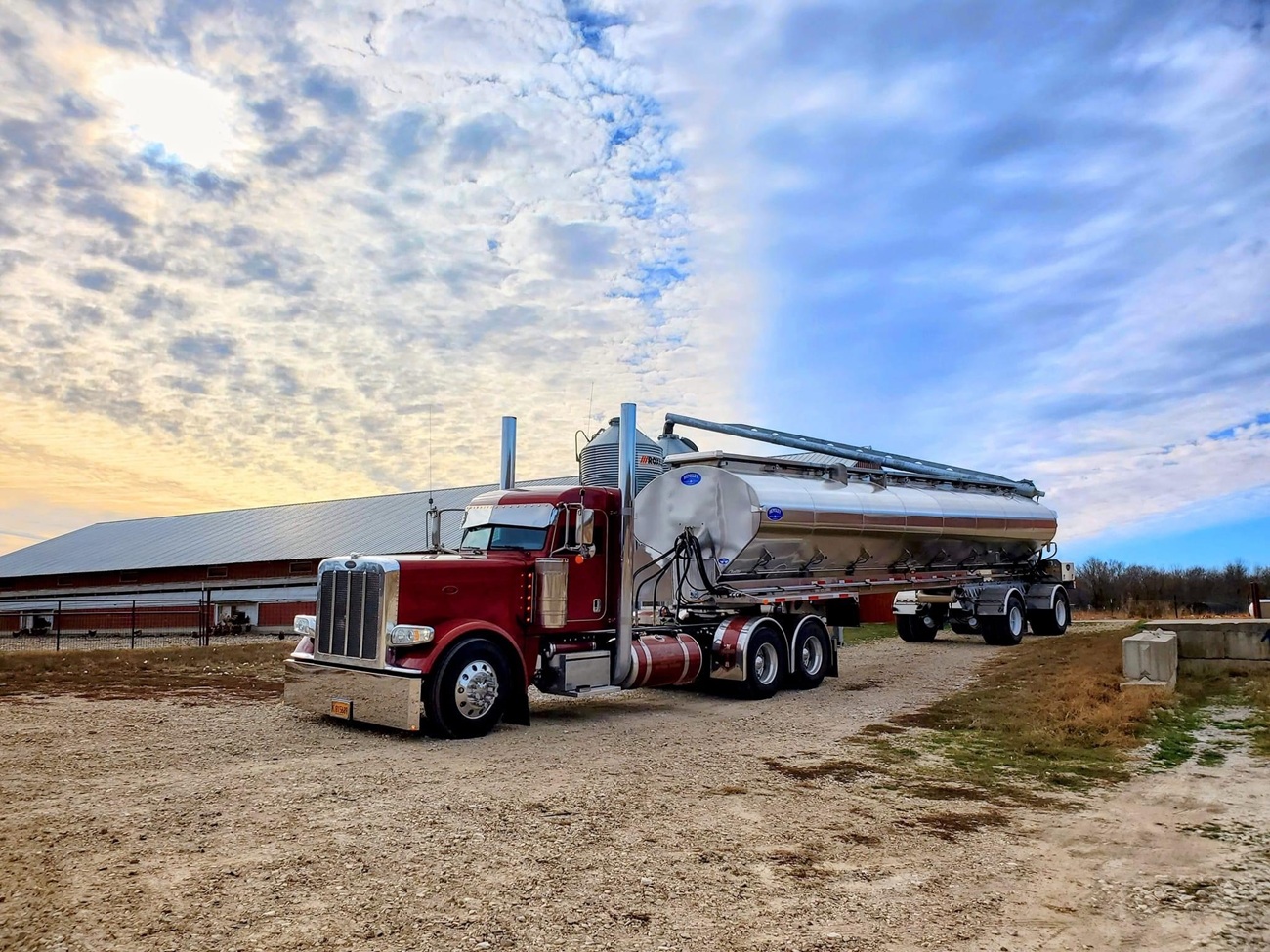The agricultural industry is continuously evolving, and logistics plays a critical role in ensuring the smooth flow of products from farms to markets. In recent years, adopting paperless systems in agriculture logistics has emerged as a key trend that promises increased efficiency, cost savings, and sustainability. For companies like Aurora AG, moving away from traditional paper-based methods and embracing digital solutions is more than just a modern upgrade; it’s a game-changer.
1. Improved Efficiency and Speed
One of the most immediate benefits of going paperless is a significant increase in operational efficiency. Paperless logistics allows for real-time tracking, instant updates, and streamlined processes, all of which reduce delays and improve communication across the supply chain. Digital documents are easier to access, share, and update, ensuring everyone has the most current information, reducing the time spent on manual data entry, and minimizing human errors.
2. Enhanced Data Accuracy and Compliance
Agricultural logistics requires accurate data collection and record-keeping, especially to meet strict regulatory standards. Paper-based systems are more prone to errors, from illegible handwriting to lost documents. In contrast, digital solutions provide enhanced data accuracy, reducing compliance risks. With a paperless system, companies can instantly update and access records, ensuring full traceability from field to distribution.
3. Cost Savings
By eliminating paper, ink, storage, and physical transportation of documents, companies can reduce their operational costs. Paperless systems also require less time and labor, translating into cost savings across the board. Aurora AG clients can see direct financial benefits through lower administrative costs and more streamlined logistics operations.
4. Environmental Impact and Sustainability
The agriculture sector is increasingly focused on sustainability, and going paperless is an eco-friendly choice. Reducing paper usage contributes to lower deforestation rates, less waste, and a smaller carbon footprint. For environmentally conscious companies like Aurora AG, adopting paperless logistics aligns with sustainability goals, improving their overall impact on the environment and resonating with consumers who value green initiatives.
5. Real-Time Insights and Data Analytics
Digital systems enable agricultural logistics providers to gain valuable insights through data analytics. With paperless systems, companies can gather data on transportation times, delivery patterns, and operational bottlenecks, helping identify areas for improvement. Aurora AG’s platform can empower clients to make data-driven decisions, optimize delivery routes, and even predict demand trends, ultimately contributing to better service and higher profitability.
6. Scalability and Flexibility
As agricultural businesses grow, so do their logistics needs. Paperless systems are more scalable than traditional paper-based methods, allowing companies to expand without the constraints of physical storage or manual data handling. This flexibility enables agricultural logistics providers to adapt to seasonal changes, demand fluctuations, and new market opportunities without the hassle of handling more paperwork.
7. Enhanced Security
Digital solutions offer better security features than paper documents, including encryption, access controls, and backup capabilities. With paperless systems, companies can secure sensitive information, ensuring it is only accessible to authorized personnel. This is crucial in agriculture logistics, where protecting proprietary data and maintaining trust with clients is essential.
Conclusion
For companies in agriculture logistics, such as Aurora AG, adopting a paperless approach offers substantial benefits. From improved efficiency to environmental sustainability, going paperless is a strategic move that not only meets modern-day demands but also sets a company apart as a forward-thinking leader in the industry. Embracing this shift empowers businesses to stay competitive, agile, and responsive to the evolving landscape of agriculture logistics.




